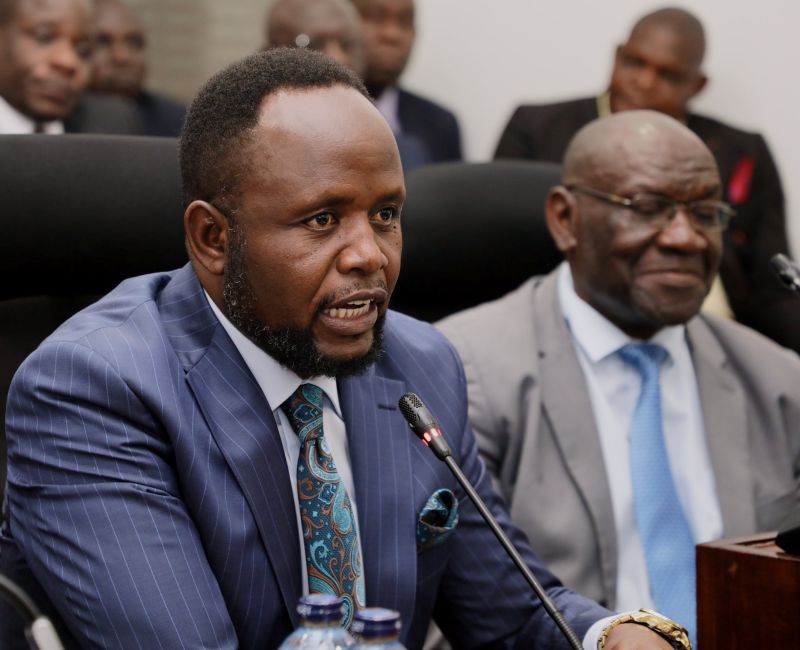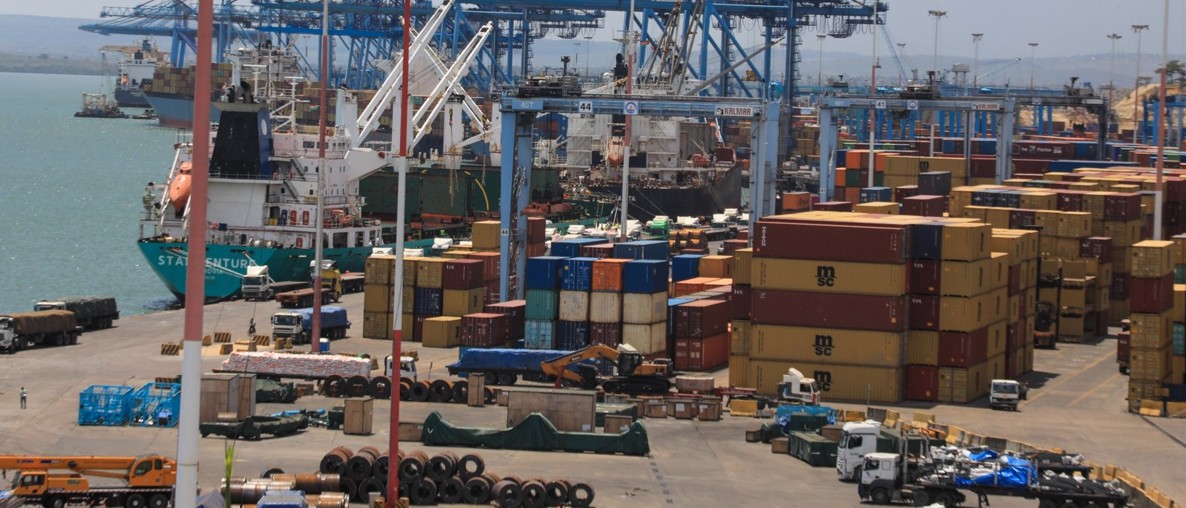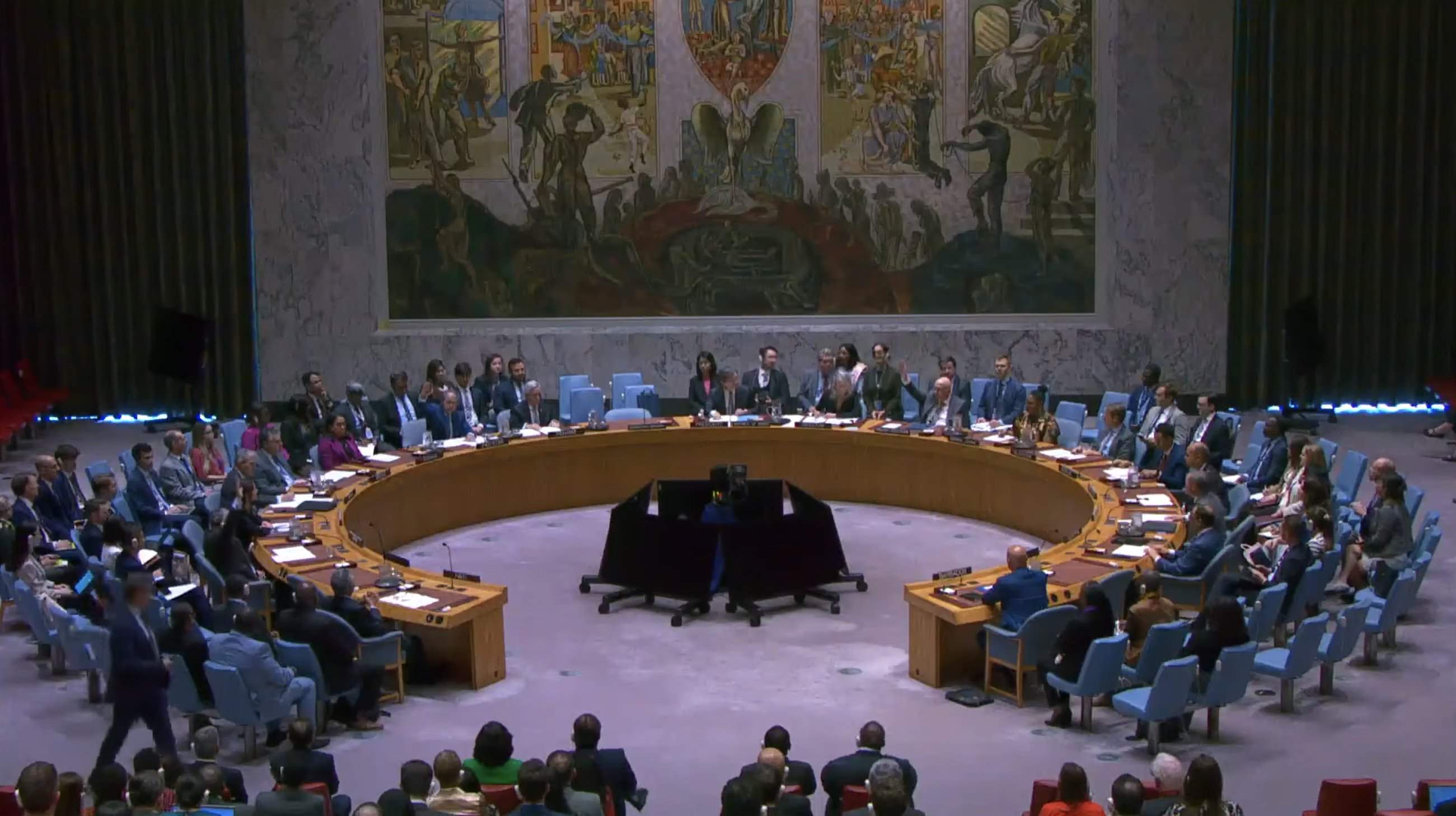Redefining protests in Kenya: How accountability and stability can coexist
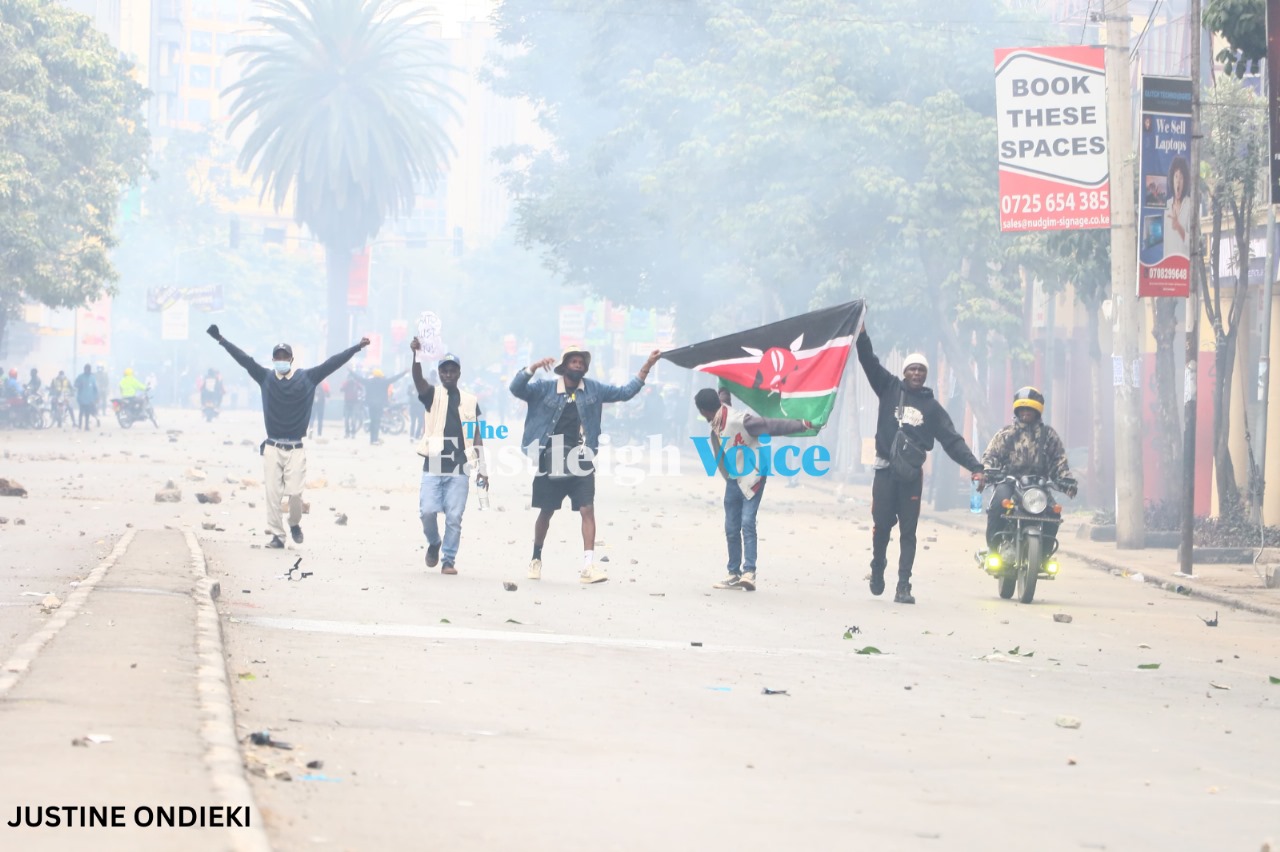
In the context of systemic corruption, labelling Kenya’s protests as ‘anarchy’ seems both misleading and inadequate
In a recent encounter at a restaurant, an elderly Somali man approached our table. He exuded a blend of warmth and gravitas. He commended our efforts in fighting for accountability in Kenya, albeit with caution.
“You have done well so far, but there are limits,” he said.
More To Read
- Bulgarian Government resigns amid mass protests over corruption, economic woes
- Nigeria confirms military intervention in Benin to stabilise country after failed coup attempt
- Global power shifts are reshaping the Red Sea region and changing the rules of engagement
- Kanja admits police could have done better in handling Gen Z protests, advocates for training
- Bangladesh court sentences ex-PM Sheikh Hasina to death in absentia for crimes against humanity
- Over 100 facilities accredited by SHA to provide cancer care after protests
His advice was not just a personal observation but a reflection of a broader sentiment among many of the older generation who fear that our protests might be pushing things too much, risking national stability.
“You got what you wanted with the Finance Bill rejection. But please stop burning down our country now,” he said.
His words encapsulated a common criticism: that while initial protests may have been justified, continued unrest risks destabilising the nation. This raises a crucial question: How far is too far when demanding accountability from a government?
Understanding anarchy and its misuse
The term "anarchy" is often misused in discussions about civil unrest. Traditionally, anarchy denotes a state of disorder and lawlessness resulting from the collapse of government authority. In our context, critics use the term to label our protests as disruptive and dangerous. However, if we consider the broader context of systemic corruption and mismanagement, this label seems both misleading and inadequate.
Our country suffers from extensive corruption, with billions lost to embezzlement and basic services remaining underfunded. Pupils in several schools in arid and semi-arid lands continue to learn under trees due to inadequate infrastructure, and many educated youths face chronic unemployment. The healthcare system is so strained that people frequently have to fundraise for treatment.
In this context, describing our protests as “burning down the country” seems not only inaccurate but deeply hypocritical.
To understand how protests can lead to positive change without resulting in destruction, recent events in Bangladesh offer an instructive example.
 Nane Nane protesters carry flags on Kimathi Street in Nairobi. (Photo: Justine Ondieki)
Nane Nane protesters carry flags on Kimathi Street in Nairobi. (Photo: Justine Ondieki)
For the past few weeks, Bangladesh witnessed significant protests against Prime Minister Sheikh Hasina and her administration, driven by allegations of election fraud and economic mismanagement. The intensity of these protests led to major political shifts, including the resignation of the prime minister and the dissolution of Parliament.
What sets the Bangladesh situation apart is how the aftermath of the protests unfolded.
Instead of descending into chaos or violence, the response from citizens was marked by an unexpected and inspiring show of solidarity. In the days following the protests, Bangladeshi citizens and youths took to the streets not to cause further disruption but to clean up and restore order.
They swept the streets, repaired damaged property, and demonstrated a profound sense of community and care. This act of collective responsibility shocked many and proved that their protests did not “burn down the country” but rather sparked a renewal of civic engagement and compassion.
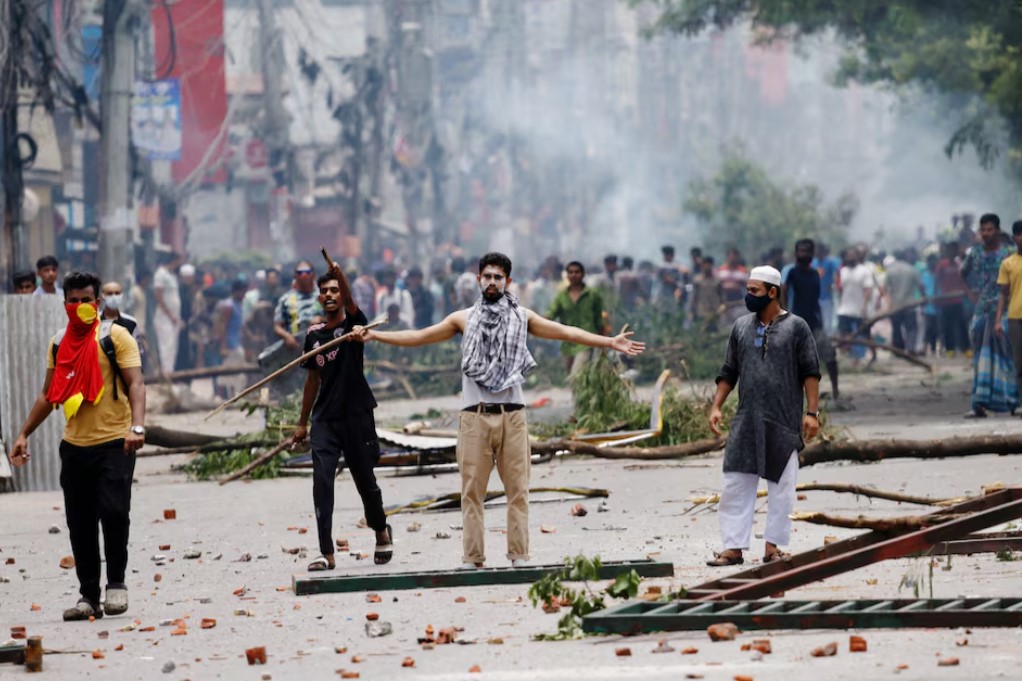 A demonstrator gestures as protesters clash with Border Guard Bangladesh (BGB) and the police outside the state-owned Bangladesh Television as violence erupts across the country after anti-quota protests by students, in Dhaka, Bangladesh, July 19, 2024. (Photo: REUTERS/Mohammad Ponir Hossain)
A demonstrator gestures as protesters clash with Border Guard Bangladesh (BGB) and the police outside the state-owned Bangladesh Television as violence erupts across the country after anti-quota protests by students, in Dhaka, Bangladesh, July 19, 2024. (Photo: REUTERS/Mohammad Ponir Hossain)
Some people worry that Kenya’s situation might mirror Sudan’s, where intense protests led to severe humanitarian crises and political instability. However, the two scenarios are fundamentally different.
Sudan’s turmoil was marked by a complete breakdown of political and social structures, resulting in widespread violence and instability. In contrast, Kenya, with its established constitutional framework and democratic institutions, has mechanisms to manage dissent and prevent total collapse.
While Kenya’s situation is indeed challenging, our legal and institutional safeguards provide a buffer against the level of breakdown seen in Sudan. The existence of a constitutional framework and democratic institutions helps in managing civil unrest without descending into chaos, highlighting the importance of utilising these mechanisms effectively to address grievances while maintaining stability.
The human cost of our protests is significant. Over 60 lives have been lost, and many others have been injured. Each statistic represents individuals with families and futures now forever altered.
The police response has included excessive force, such as using live bullets and teargas in residential areas. For instance, in Pipeline Estate, the police deployed water cannons and tear gas, injuring people, including infants. The lack of accountability for these actions only deepens the sense of injustice and highlights the urgent need for reform rather than simply ending the protests.
Protests are a vital component of democratic societies. They offer a platform for marginalised voices to demand accountability from those in power. While protests can sometimes lead to unrest, their purpose should not be overshadowed by the challenges they pose. The essential question is not whether protests are justified but how they can be conducted in a way that leads to constructive change.
The goal of any protest should be to effect positive change without undermining the stability of the nation. This requires a careful balance between expressing dissent and ensuring that actions do not lead to unnecessary suffering or chaos. Effective protests should aim to bring about reform through peaceful means and constructive dialogue, thereby aligning with democratic principles.
The current moment requires both empathy and action. The pain of those who have lost loved ones and the broader suffering caused by systemic corruption demand a response that goes beyond mere condemnation. Instead of labelling protests as acts of anarchy, we should focus on addressing the root causes of discontent. This involves implementing reforms that tackle corruption, improve public services, and ensure justice for those affected by violence.
Efforts to address these issues must be sincere and comprehensive. For instance, establishing independent bodies to investigate police brutality and ensuring that victims and their families receive justice are crucial steps. Reforms aimed at improving transparency and accountability within government institutions are also essential to restoring public trust.
To navigate our situation, we can look at international examples where protests have led to significant change without leading to the destruction of the nation.
In South Korea, massive protests in 2016 led to the impeachment of President Park Geun-hye over corruption scandals. These protests, while significant, were largely peaceful and resulted in a major political shift.
Similarly, Tunisia’s protests, following the Arab Spring, led to a transition towards democracy and greater political freedom. These cases demonstrate that protests can drive positive change while maintaining national integrity.
As we move forward, it is crucial to balance the pursuit of justice with the need for stability. The goal should be to foster a nation where justice, peace, and prosperity coexist. This requires not only standing up for what is right but also finding ways to engage in constructive dialogue and work towards reforms that address systemic issues.
The limits of dissent are not defined by the actions of a few but by our collective commitment to building a better society. Protests, when conducted responsibly, can drive necessary reforms without leading to anarchy.
As we continue to seek justice, let us strive for a future where both accountability and stability are achieved, ensuring that our actions contribute to a more just and equitable nation for everyone.
Top Stories Today

